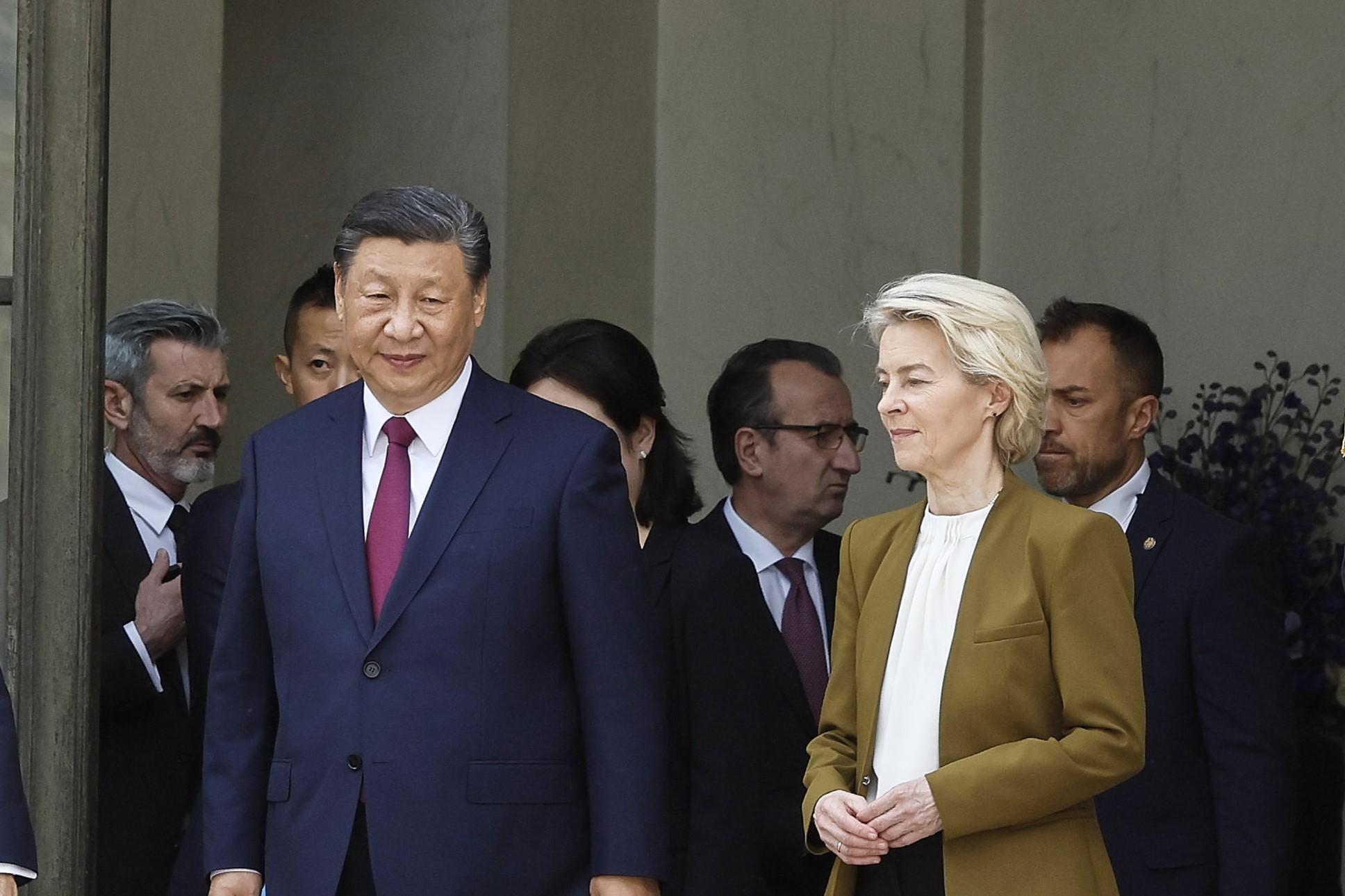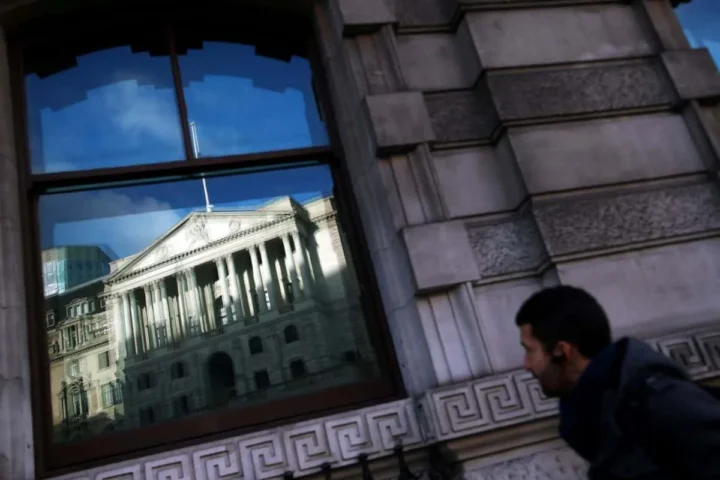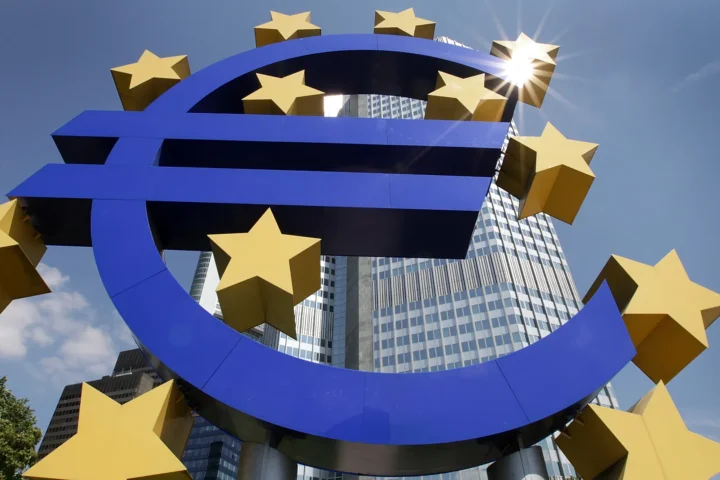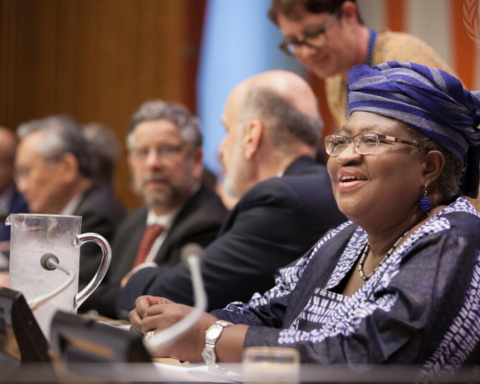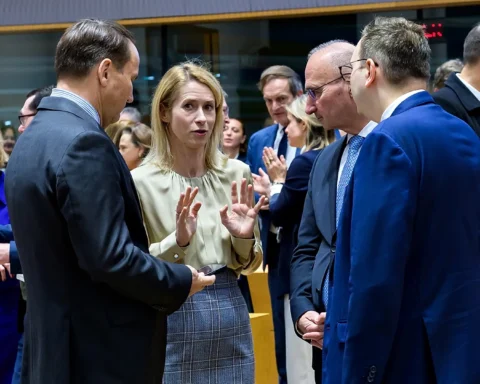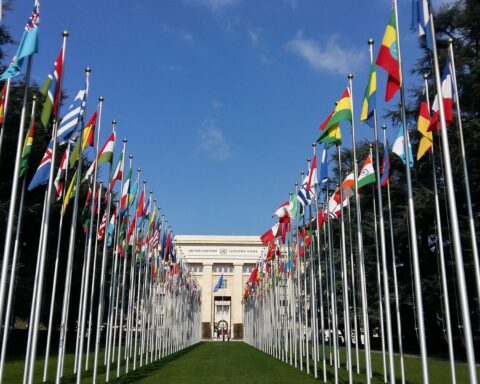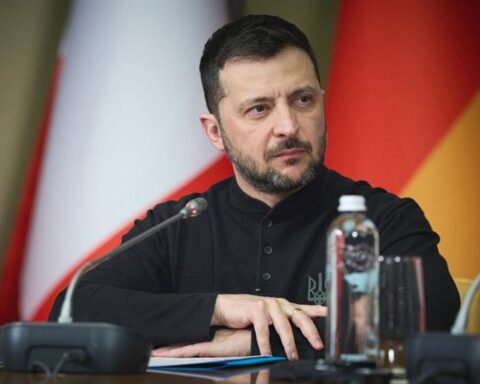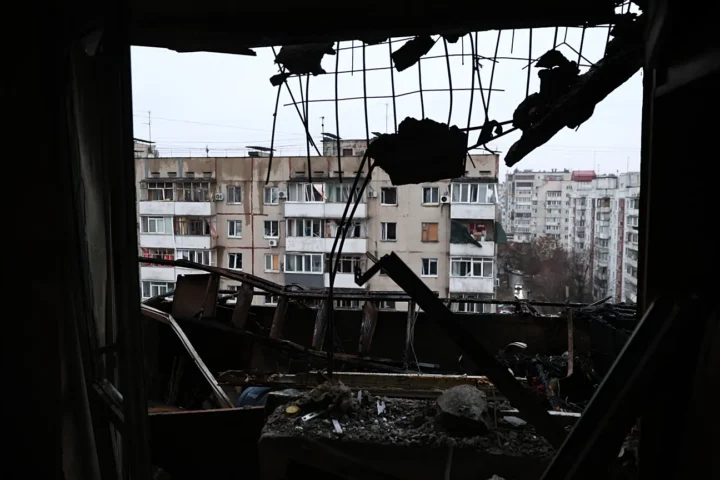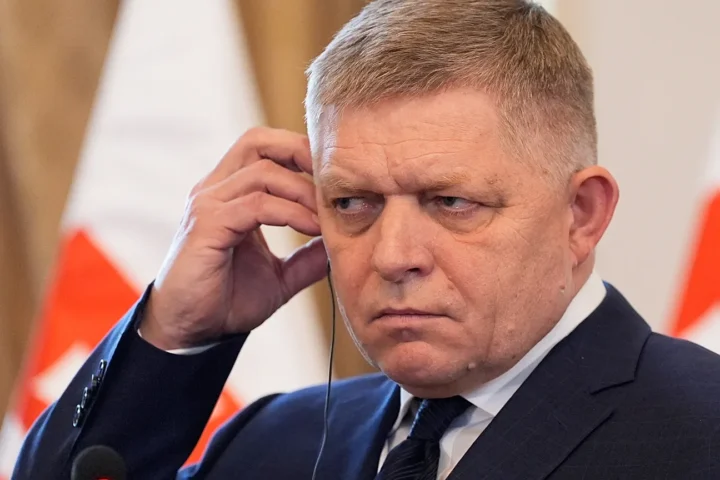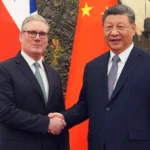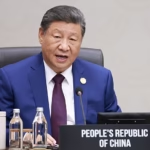Europe’s relationship with China is one of the most significant and complex international dynamics of the 21st century. As two of the world’s largest economies, both regions have deeply intertwined interests, yet their partnership is often marked by a delicate balance of cooperation, competition, and geopolitical tension.
Economic Ties: Trade Powerhouses
China is Europe’s largest trading partner outside the European Union, and the EU is China’s largest trading partner overall. Trade between the two regions has skyrocketed in recent years, with billions of dollars in goods exchanged annually. Europe exports a wide range of products to China, from luxury goods and automobiles to machinery, technology, and agricultural products.
At the same time, Europe imports a massive amount of Chinese goods, including electronics, textiles, and manufactured items, which are often crucial in maintaining Europe’s consumer goods markets. This symbiotic trade relationship has helped fuel economic growth on both sides, though it has also raised concerns in some sectors about the dependency on Chinese imports, particularly in high-tech industries.
Technology and Investment: Chinese Influence in Europe
China’s technological prowess and investments have also played a role in shaping Europe’s economic landscape. Chinese tech giants such as Huawei and Xiaomi have made significant inroads into European markets, with Huawei’s involvement in 5G networks sparking both collaboration and concern. On one hand, Chinese technology offers affordable and cutting-edge options for European consumers. On the other, there are mounting security concerns, particularly regarding the potential for espionage through Chinese-made devices and networks.
In addition to technology, Chinese investments have flowed into European infrastructure projects, such as ports and transportation networks. The Belt and Road Initiative (BRI), which seeks to connect China with Europe through a network of trade routes, has also prompted significant investment in European development projects. These investments, however, are not without controversy, with some European countries expressing concerns over China’s growing economic and political influence.
Geopolitical Tensions: Competition and Ideological Differences
While Europe and China have strong economic ties, their relationship is also fraught with geopolitical tensions. One of the primary sources of friction is the differing political systems and ideologies. The European Union has consistently criticized China’s human rights record, particularly with regard to issues in Xinjiang, Hong Kong, and Tibet. The EU’s stance on these issues often puts it at odds with China, which views such criticisms as interference in its internal affairs.
Moreover, the growing assertiveness of China in international politics, particularly in the South China Sea and its Belt and Road Initiative, has raised concerns in Europe about China’s long-term ambitions. In response, the EU has increasingly sought to assert itself on the global stage, pushing for a more robust foreign policy framework that addresses both economic and security challenges posed by China.
Environmental Cooperation: Green Diplomacy
Environmental issues have become another area of potential cooperation between Europe and China. Both regions recognize the importance of addressing climate change, and in recent years, there has been growing collaboration on environmental policy. China, as the world’s largest emitter of greenhouse gases, has increasingly aligned itself with Europe’s green agenda, especially as it aims to meet its own climate targets.
The EU and China have committed to working together on various global environmental issues, from renewable energy and emissions reductions to sustainable development practices. These efforts are seen as vital in the push to achieve global climate goals, particularly as both regions aim to transition to greener economies.
Future Outlook: A Delicate Balancing Act
As Europe and China continue to deepen their economic relationship, the complexities of their interactions are likely to increase. Europe will need to carefully navigate its ties with China, balancing the opportunities for economic growth with the challenges posed by ideological differences, security concerns, and geopolitical tensions.
The EU’s approach to China will likely evolve based on the political climate, shifting alliances, and global economic trends. In the coming years, the European Union may seek to further diversify its trade relationships, reducing its reliance on China while maintaining a pragmatic approach to cooperation on global issues such as climate change, trade reform, and international security.
In the meantime, China will continue to push for greater influence in global markets and international politics, but it will have to reckon with Europe’s desire for autonomy and its insistence on maintaining democratic values.
The future of Europe-China relations will be shaped by a delicate balancing act, as both regions seek to protect their own interests while fostering cooperation in areas where they share common goals. As the world’s geopolitical landscape continues to evolve, so too will the relationship between these two global powers.
